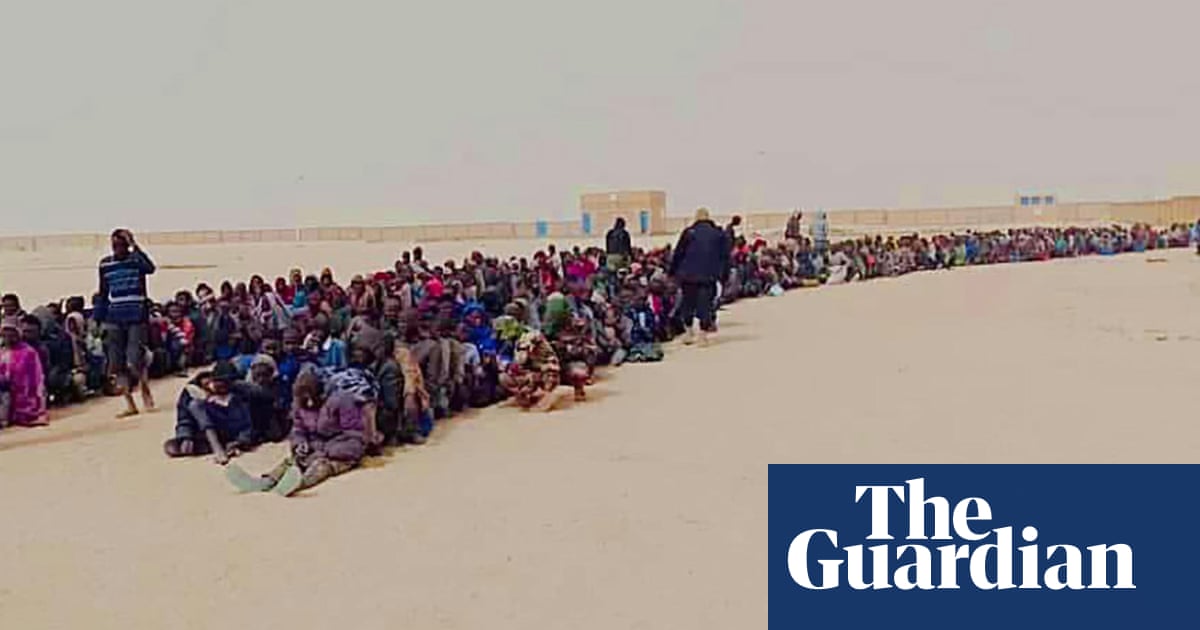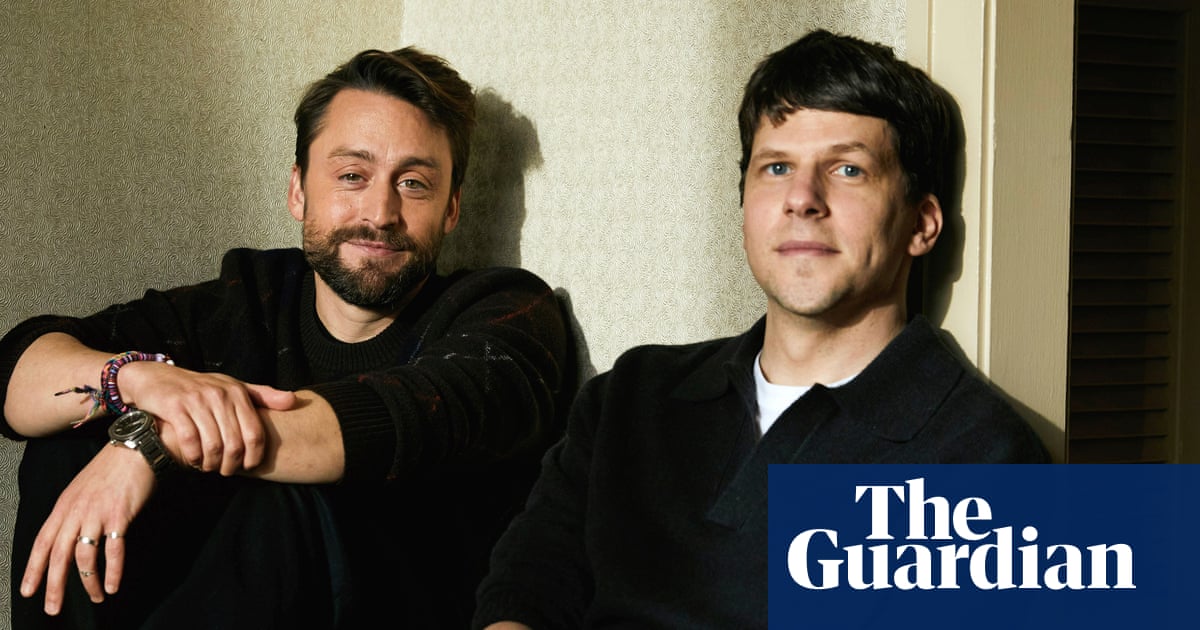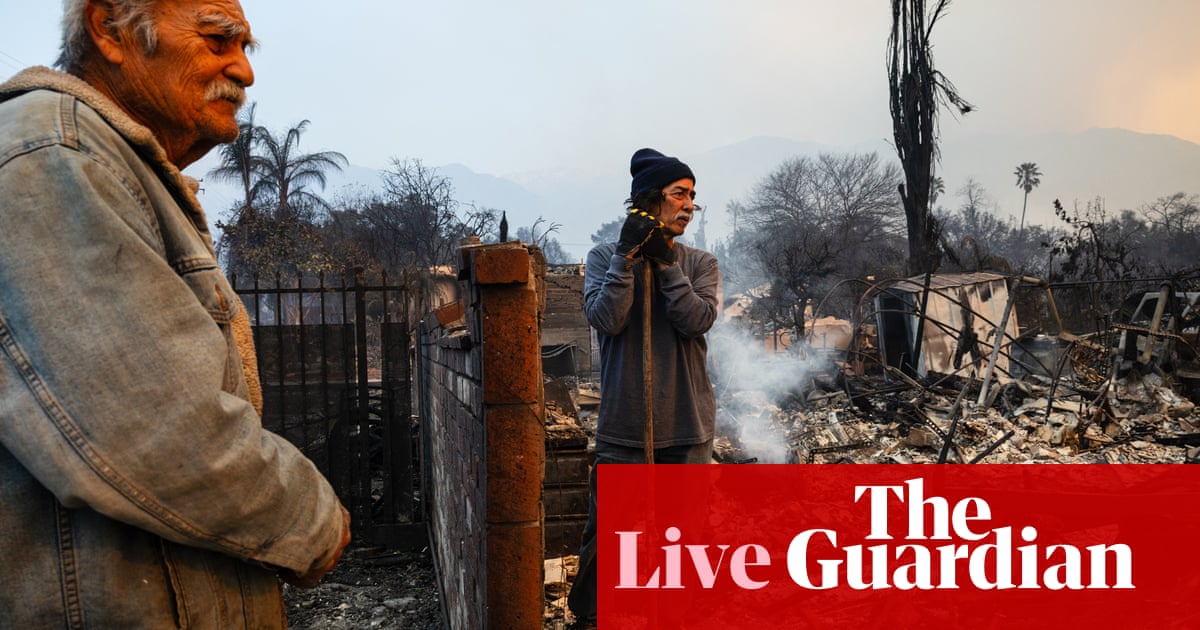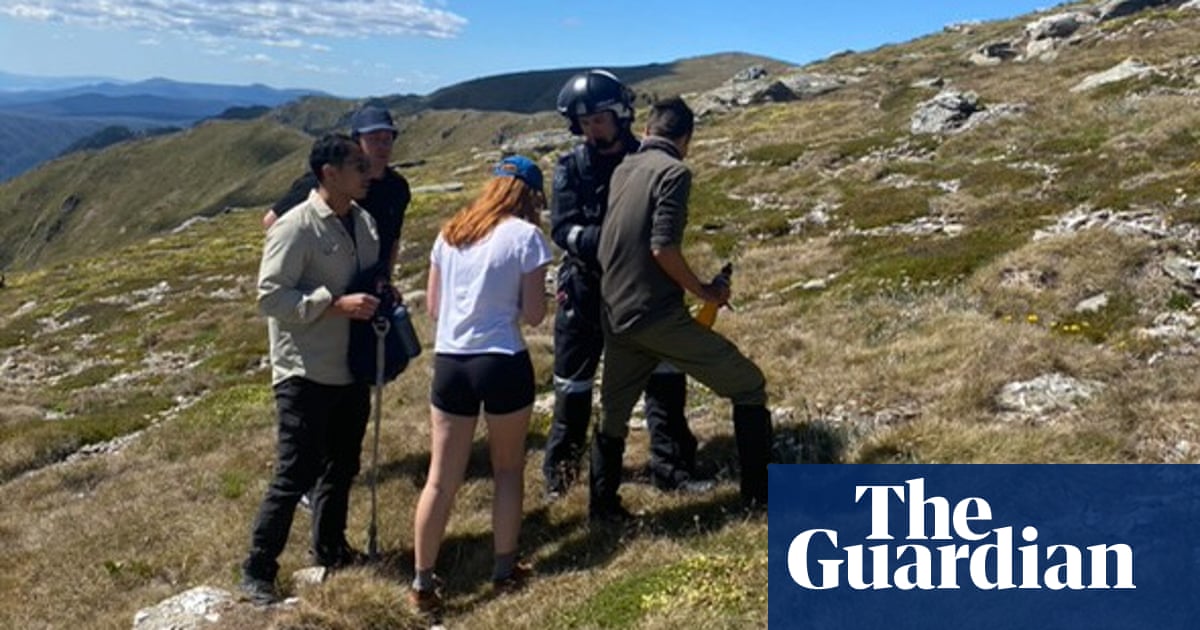Every now and then I try to write down a description of pain, whether labour, tooth or head, and it becomes a frustrating little game in which nobody ever wins. Doctors try to quantify our pain by asking us to rate it on a scale of one to 10, or by pointing at a variety of sad faces – the McGill Pain Questionnaire consists of 78 possible words to tick, which include “tugging”, “terrifying” and “dull”, words that gamely poke around inside a feeling, but rarely fully land. Often, I wonder if there are some states, like pain, that just defy description – occasionally you think you have it and then the image turns in on itself and loops around and it’s lost – but then I read something like Garth Greenwell’s new novel Small Rain, which begins with our narrator bent double with a twisting pain in his gut. Not only does Greenwell uncover a new language for his narrator’s pain, which mutates in gradations of crisis, but also a language for the beeping, chilly intimacy of a hospital stay, and its terrible wires and humans reaching.
We have all or will all find ourselves here one day, in a raised bed on a humming ward, in the care of scrubbed-up strangers. I have vivid memories of a hospital room with a clock whose minute hand didn’t tick – instead, it slithered without clear rhythm between numbers, very sinister, very unsettling, especially at night when the lights stayed on and you watched it crawl forward towards dawn. In these places you do all you can to remain human by holding on to comfortable things, such as shame or status, for as long as possible, until a brisk nurse perhaps washes your hands for you, or a handsome doctor pokes his pen into the blood clot you present in its clean metal dish.
God, it’s gorgeous what Greenwell does in this book, his narrator monitoring himself being monitored, his mind and memory slipping in and out of the clean small room with its rotating cast of medical staff, slipping away to his lover, his father, his poetry, a storm. It captures the boredom, humiliation and anxiety of life in a body in a hospital with such precision and grace I dreamed myself back into those rooms most nights that I read it.
Like, when I was awake for almost a week after I first gave birth, on a ward above Whitechapel one blazing summer. The woman in the bed opposite wanted an operation for her constipation, the one beside her wept. I was desperate to go home and desperate also to sleep, but neither were within reach. One night my boyfriend hid under the bed when the nurse came round – no visitors were allowed to stay after 8pm, but I was scared to be alone with the baby when I was gripped with pain and mad with exhaustion. We felt as though we’d got away with something huge, larger maybe than the silly trick of having a baby at all, as he rocked her on the chair and I finally slept, my neighbour across the ward farting deeply into the night. My boyfriend was kicked out around 3am, but we were grateful for that slice of time that cut through the bewildering hospital reality and slightly saved me.
Most often, I’ve been a hospital visitor rather than a patient, and it speaks, I guess, to my luck that even in the most awful situations I’ve usually found something to enjoy in the experience. Of course, I wasn’t the one with the PICC line, I wasn’t the one masticating a dry tuna sandwich in bed, but it has felt for me like a lovely kind of opportunity, a privilege. Sometimes because hospitals create a time out of time, their clocks’ own slithering minute hands allowing us to chat in meandering ways like we used to on a sofa, without children or work responsibilities nipping at us – we have permission to talk, at least until visiting hours end. Sometimes because, when you want to do something but there’s nothing to be done, there is relief and pleasure in just being there, beside a bed, useful occasionally in small tea gathering ways and, of course, as a witness to it all.
At the end of Small Rain, our narrator, having described the texture of two weeks of hospital life, submitting to the indignity of bed baths and sharp scratches of a hundred needles, time slowing down to a tiptoed pace, is finally released. I remember leaving hospital and it feeling like a jail break, the hospital at a rare intersection of extreme tenderness and necessary, maybe, depersonalisation, where deep care involves infinite red tape, and your bed being prepared for another body as you are still lacing your shoes. His sister collects him, they pull up at his house where his partner anxiously waits; he appreciates for the first time the grand ordinariness of domestic life and his own small imperfect love story. After two weeks in pain and in hospital, unremarkable acts of freedom make him catch his breath – his lover’s leg clamped between his knees at night, the water on his back in the shower, a dog running for a ball. He’s endured and survived and paid attention, and now he’s come home, and the price, perhaps, was worth it.
Email Eva at [email protected] or follow her on X @EvaWiseman

.png) 2 months ago
13
2 months ago
13













































